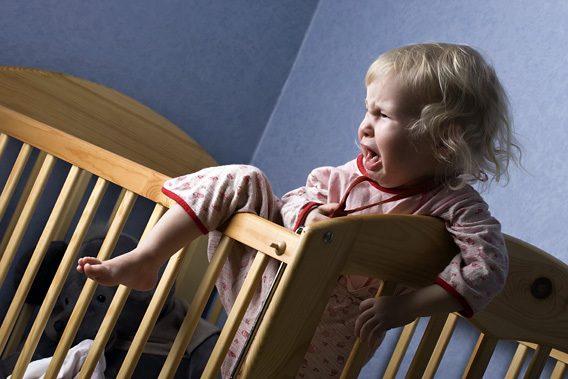[Is] sleep training is dangerous? Science says otherwise
Rohit Khare stashed this
Stashed in: Sleep!, #health, Science!, Children, life
But what if it takes weeks of intense crying, night after night, to sleep train your child? Here’s the thing: When crying-it-out is done properly, the experts say, it doesn’t take weeks. It takes days. In Middlemiss’ study, the babies stopped crying by the third night. A 1988 trial also reported significant improvements in infant sleep within three days using the method. Yet we’ve all heard horror stories about parents who have had to endure weeks upon weeks of all-night screamfests. I asked Marc Weissbluth, a pediatrician at Northwestern University and the author of the best-selling Healthy Sleep Habits, Happy Child, about the discrepancy, and he says that crying-it-out can take a long time, but typically only if the parents “have the child’s bedtime too late, or they’re not napping the child, or they’re doing intermittent reinforcement,”—i.e. they’re going back in to soothe the child instead of truly letting them cry it out. (Extremely overtired babies resist sleep training, and parents who soothe their babies during training reward the crying, giving them reason to do it again and again.) Fix these problems, Weissbluth says, and crying-it-out should work in three days.
It’s not just Weissbluth saying this. When the American Academy of Sleep Medicine reviewed the literature on infant and child sleep training, it reported that in 17 out of 19 published studies, unmodified extinction—the clinical term for crying-it-out—effectively reduced bedtime resistance and the frequency of nighttime wakings, concluding that it “has a strong record of accomplishment.” The two published clinical trials on graduated extinction, the technique popularized by sleep researcher Richard Ferber, which involves leaving your baby to cry for increasing periods of time (but not necessarily all night), was deemed successful, too, but it takes longer. None of the studies found side effects associated with sleep training. In a 2012 randomized clinical trial, Australian researchers followed up with 173 6-year-olds who had been sleep trained as babies, some of whom with graduated extinction, and found that they were no different than non-sleep-trained 6-year-olds with regards to emotional development, psychological health, parent-child closeness, and parental attachment.
I've never heard of "crying it out" only lasting days. I didn't realize there's a wrong way to do it!











11:23 AM Jul 17 2013